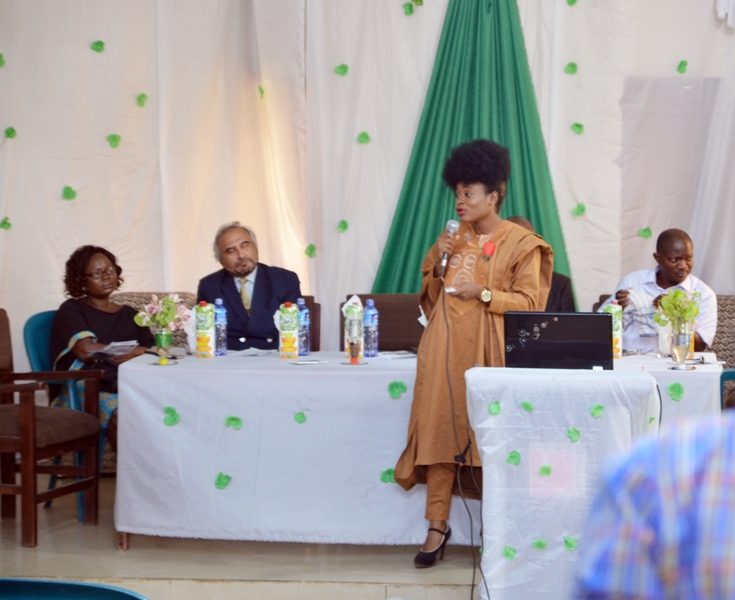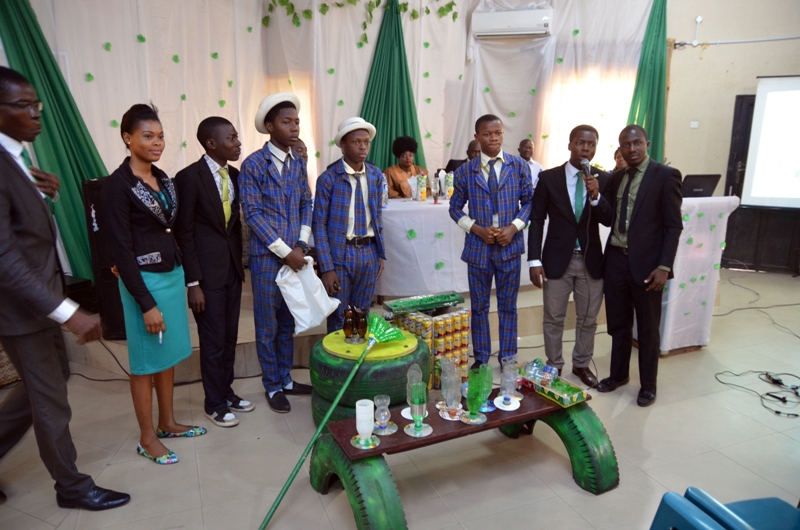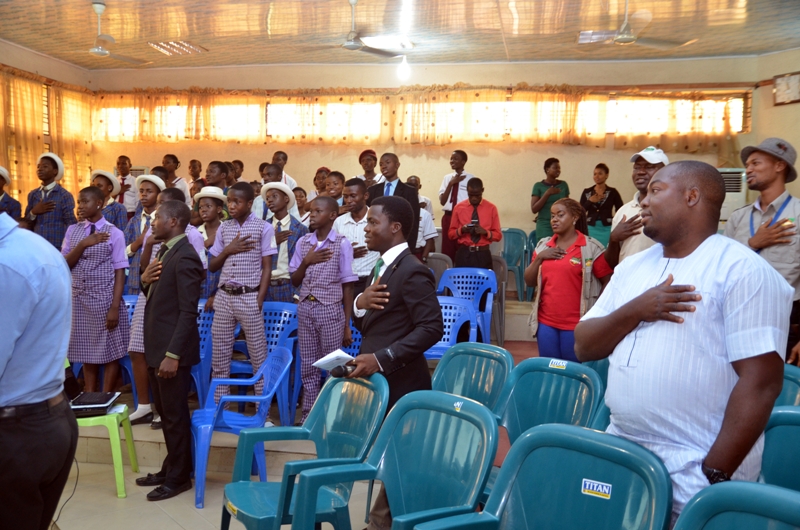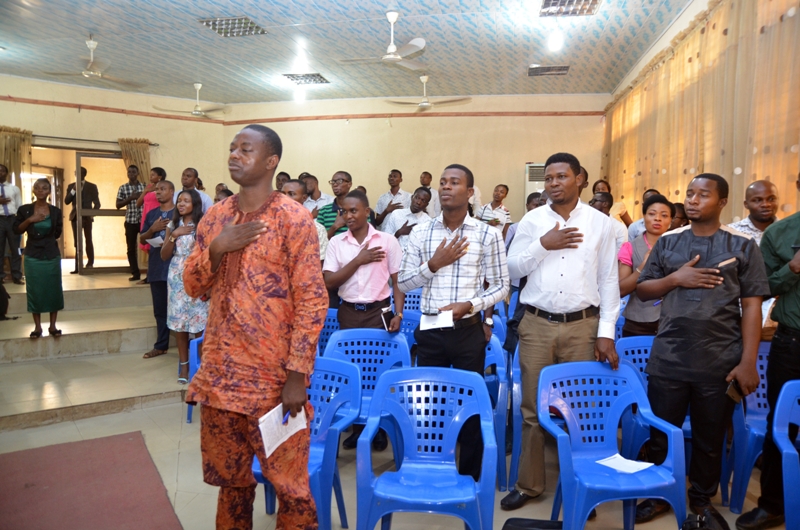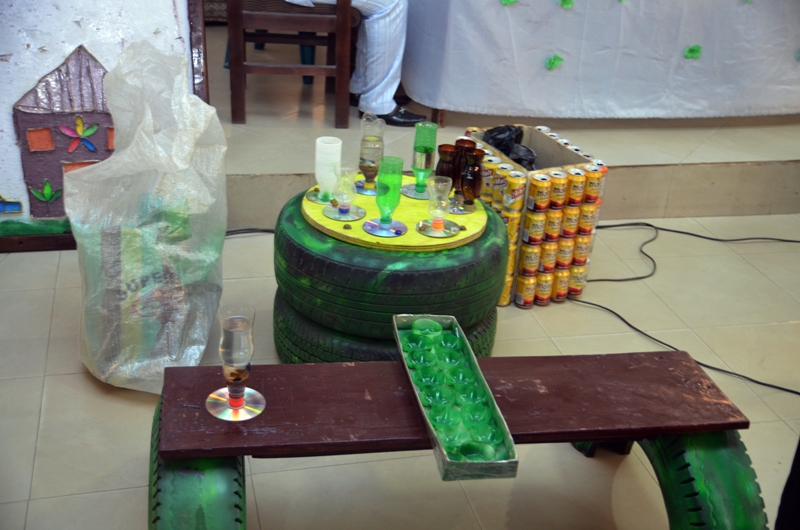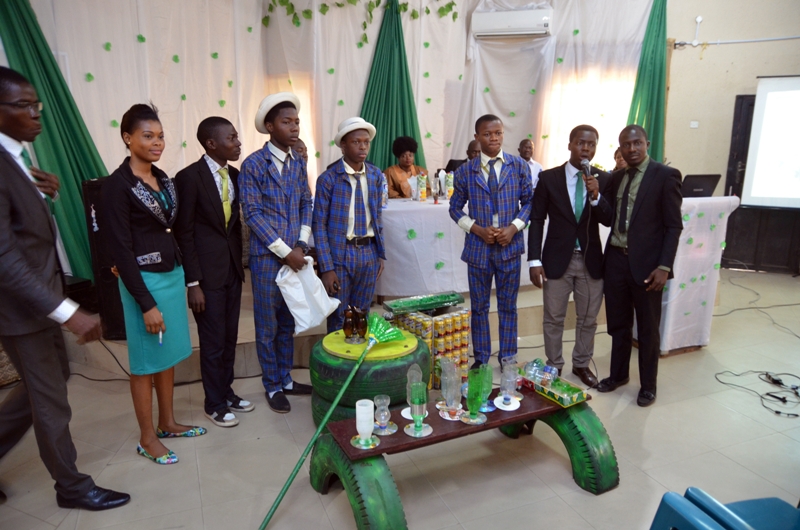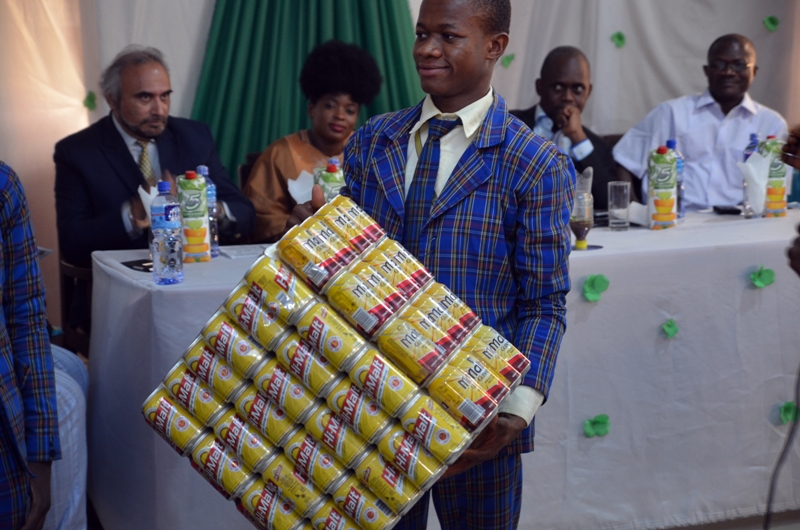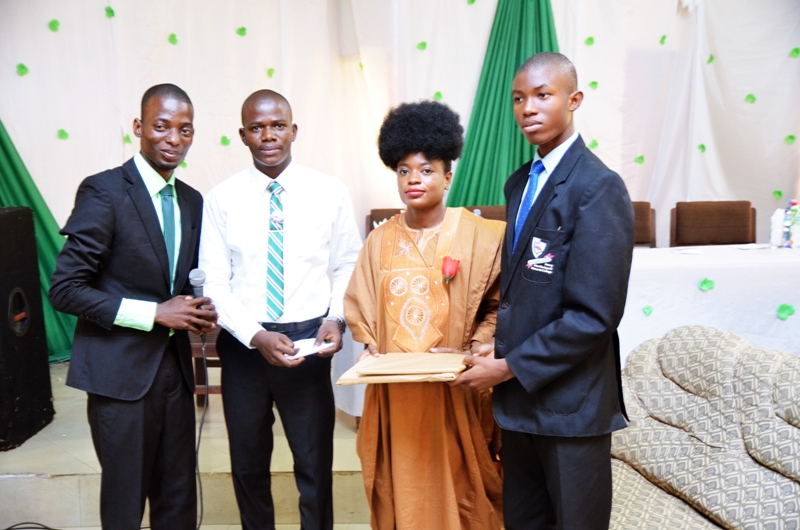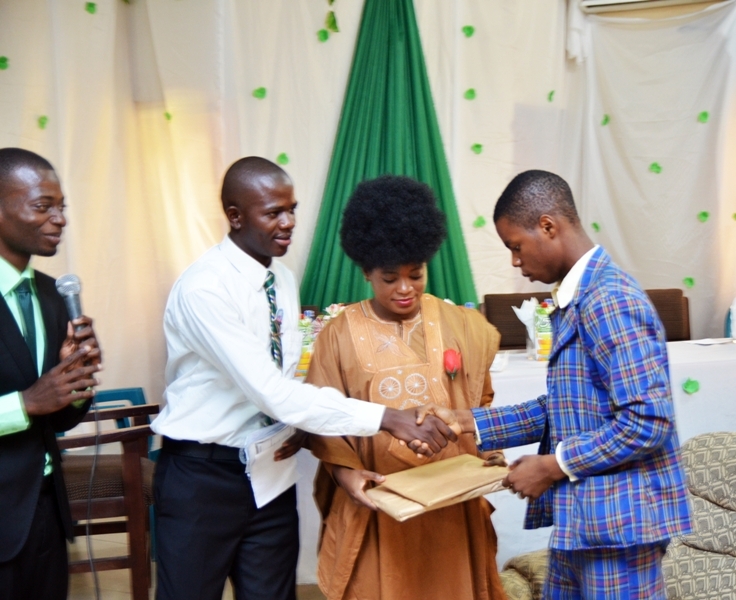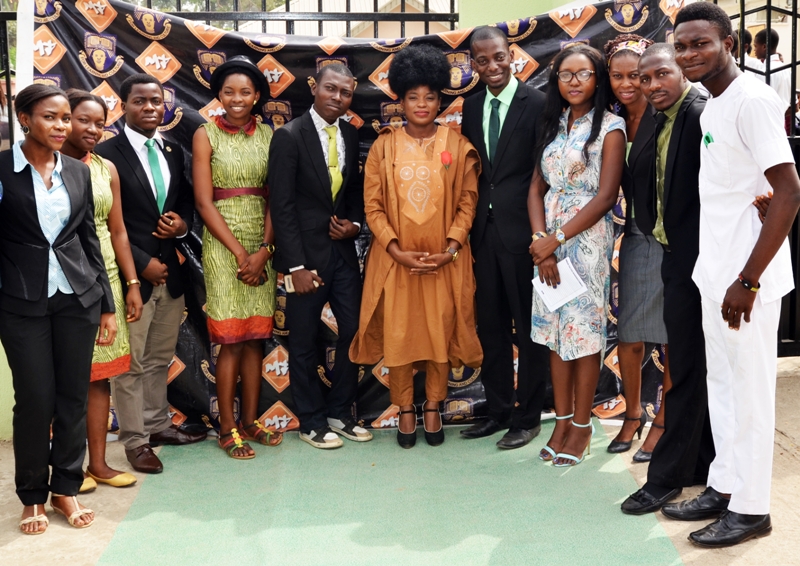Summary of the Event
The event kicked off at 7am GMT with a morning yoga video performed by Adriene.The Virtual Symposium hosted over 25 renowned sustainability leaders, environmentalists, researchers, specialists on health, botanic conservation, resource management sustainable agriculture and building from around the world. Speaker such as Jeffrey Sachs, Adenike Akinsemolu, Marc Rosen, amongst others share their insights on our path towards sustainable development.
LISTEN TO PODCAST
ABOUT THE SPEAKER
Noah Martin is a double Georgetown University graduate completing a bachelor's degree in the Biology of Global Health and a Master's degree in Learning, Design, and Technology. Noah is the founder and creative director of FM-31.
ABOUT THE MODERATOR
Caleb is an environmental and energy lawyer with Templars. He is the founder and team lead at Earthplus, an environmental nonprofit organization delivering sustainable environmental solutions across Africa.
Q & A
Caleb Adebayo: With the rampage of the current pandemic, do you think it is time to transform our traditional learning modules? If so, how can we leverage technology to bring about impactful learning accessible to everyone regardless of their socioeconomic status?
Noah Martin: I think it is time to ask to rethink how we learn, how university, school rethink the way that we learn to try something different because we really need to rethink how we do education and learn an online platform. Tech is useful in extending access so as engage with your student more. You need to meet students and learners where they are in the process through the experience of engaging. This is one of the principles of learning core.
Caleb Adebayo: Ecology is among the oldest sciences of nature. What incentives are formulated to stir up the interests of the younger generation to become ecologists amidst competing career courses?
Noah Martin: It’s a problem that is not going to go away overnight and is going to be used in context for everybody engaging over the course of generation to come and getting younger generation to get on board with this, engage with this, getting the meaning and a lot of access to this is very important.
One of the ways to go about this is by trying to make sure that institutions of higher education align the work that they do specifically to the work of ecology and broaden the sustainability efforts. It’s important and necessary to centralize those giant global challenges in a central experience of a student going to university or college so that they can align and engage at some point in a meaningful way around the question of ecology and sustainability. Therefore, making sure higher institution educations are incorporating it in everything that they do is crucial. One of the ways to do this is to make sure when we teach about climate change, ecology, we should do it in a way that is multidisciplinary and this put ecology in all the path of the people in all this disciplines. So thinking of ecology as it relates to all other discipline helps especially in the hope of trying to get people to engage in.
Quotes
“we no longer have to convey the urgency (to change how we learn) to everyone…we need to build technology on a sense of community.”
“the role of ecology in climate change should be front and center in policy decision.”
Top Comments
Great session- T.D Roke
FURTHER READING
Brito, Rosa & Rodríguez, Columba & Aparicio López, José. (2018). Sustainability in Teaching: An Evaluation of University Teachers and Students. Sustainability (Switzerland).
Harte, Michael. (1995). Ecology, sustainability, and environment as capital. Ecological Economics.












